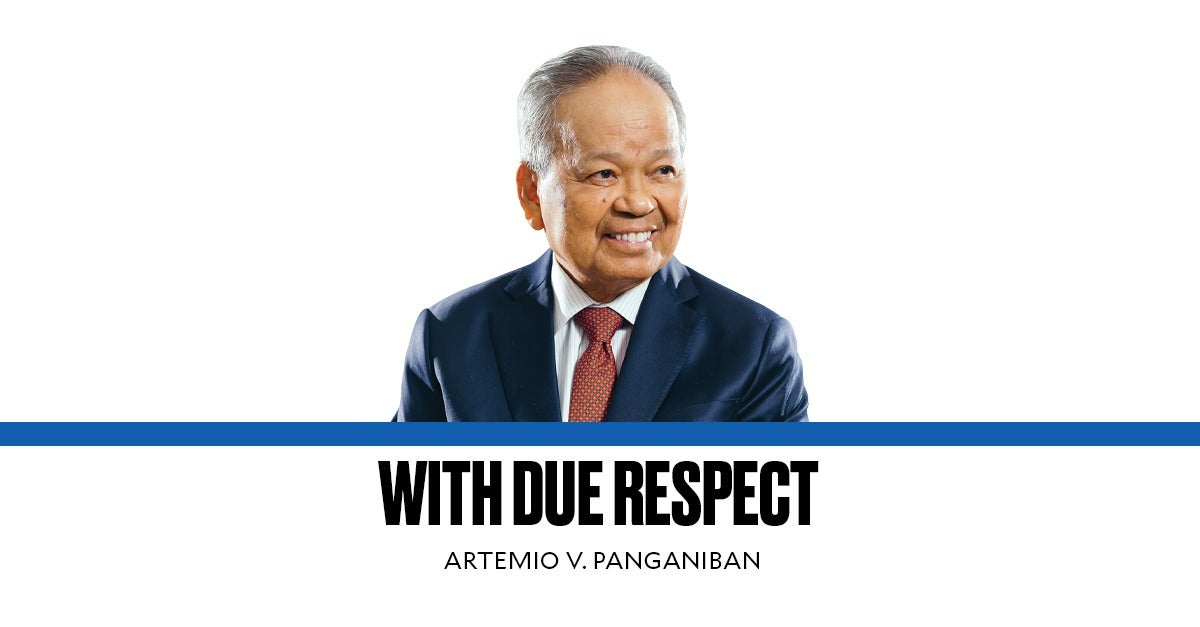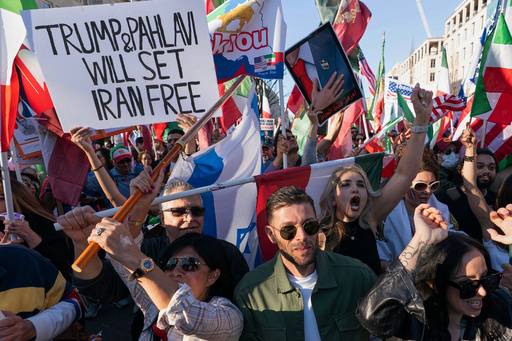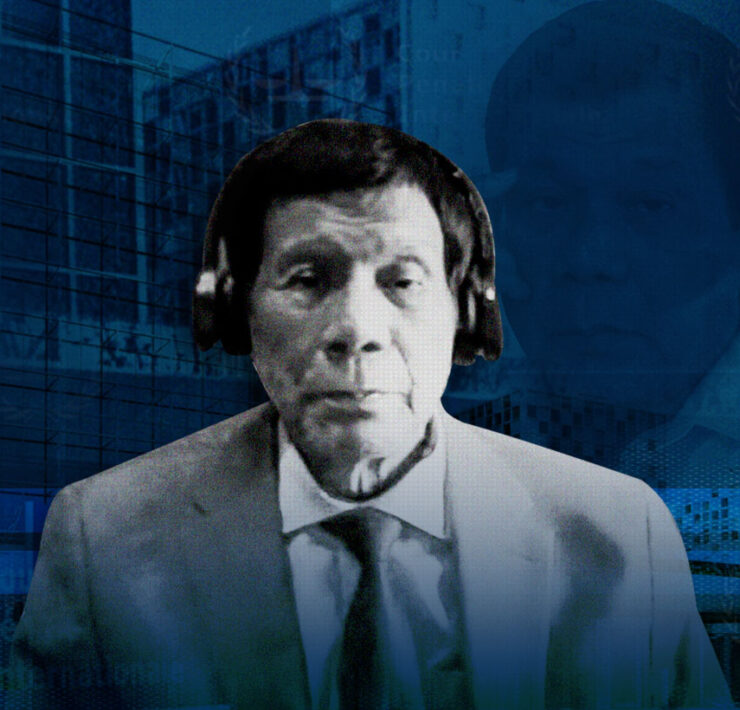Investigating heinous flood control scams

Right after President Marcos denounced the flood control scams with his now viral “Mahiya naman kayo,” the Senate Blue Ribbon Committee and the House Infra Committee (jointly with other committees) immediately started their fully televised investigations.
TO AID LEGISLATORS IN ENACTING NEW LEGISLATION, including the 2026 national budget, that in the future would prevent a repetition of the scams, is the main purpose of these investigations. Their secondary purpose is to recommend the prosecution of the criminal co-conspirators to the Office of the Ombudsman (OMB) or the Department of Justice (DOJ). In short, the main aim is to craft remedial legislation, and secondarily, to recommend the prosecution and punishment of the culprits.
Without waiting for the legislative inquiries, neophyte Rep. Leandro Legarda Leviste, per media reports, caught red-handed a district highways engineer trying to bribe him. He filed a complaint with the prosecutors who entrapped and detained him for having been caught in flagrante delicto.
More important, Leviste is convincing him to squeal on the big fish—the contractors and high government functionaries—with the benefit of becoming a state witness and the consequent dismissal of the charges against him.
However, the district engineer firmly denied the alleged bribery. The issues having been joined, the prosecutors should now speedily decide whether to file the proper charges in court.
The legislative hearings have been quite testy. Already, social media is abuzz with “conflicts of interest,” zeroing in on the inhibition of Sen. Mark Villar from the hearings for having been the secretary of the Department of Public Works and Highways in 2016-2021. He should be answering questions instead of asking them.
THE RECOMMENDATIONS ARISING FROM THE LEGISLATIVE INQUIRIES need to be reviewed by the OMB and DOJ. During the preliminary investigation, the respondents are given the opportunity to contradict the affidavits of the complainants and to present countervailing evidence. After determining that a crime had been committed and that the accused are probably guilty thereof, the OMB or the DOJ files the charge or information in the courts.
As early as Jan. 8, 2013, the Supreme Court, in an en banc resolution, noted a startling statistic that “80 percent of the backlog in the first and second level courts involves criminal cases…” And earlier, on Sept. 5, 2012, it cryptically observed that “about 40 percent of criminal cases are dismissed annually…” Since then, the situation has not improved; it has deteriorated.
And yet, to secure a conviction, prosecutors are required to show “proof beyond reasonable doubt,” a much higher standard, that—according to jurisprudence—refers to “that degree of proof which, after an examination of the entire records of the case, produces in an unprejudiced mind moral certainty of the culpability of the accused…”
DO WE REALLY NEED NEW LAWS TO CATCH AND PUNISH THE THIEVES? I respectfully submit, the answer is “No.” We have enough laws to deal with grafters and corruptors, like the Anti-Graft Law, the Ethical Standards Law, the Anti-Money Laundering Law, etc. All that is needed is strict implementation, especially of the submission of publicly available statements of assets, liabilities, and network or SALNs.
Do we need to create new institutions to enforce these laws? Again, the answer is “No” because our Constitution has established independent offices like the OMB and the Commission on Audit, which are mandated and given the necessary powers to prevent graft and punish grafters.
Do we need to form an “independent commission” to ferret out the culprits? No, as it would not have the powers of contempt, of issuing subpoenas, of ordering arrests, and of filing cases; it must still refer its findings to the OMB and/or the DOJ for the proper preliminary investigations. Probably the most famous independent commission was the Agrava Board to find out who killed Ninoy Aquino. Decades have passed, and yet no one knows for certain who the mastermind was. The convicted underling soldiers up to now deny their participation in a crime that happened in a public place in broad daylight.
What we need is not media shows and excessive talk. What we truly need is diligent and determined use of existing laws and institutions to unearth the dirty details, to file criminal charges that would withstand judicial scrutiny, to have more than enough evidence to convict, to submit these pieces of evidence (not just the photocopies) during speedy trials, and to have continuous, aggressive and patient monitoring by an incensed public.





















